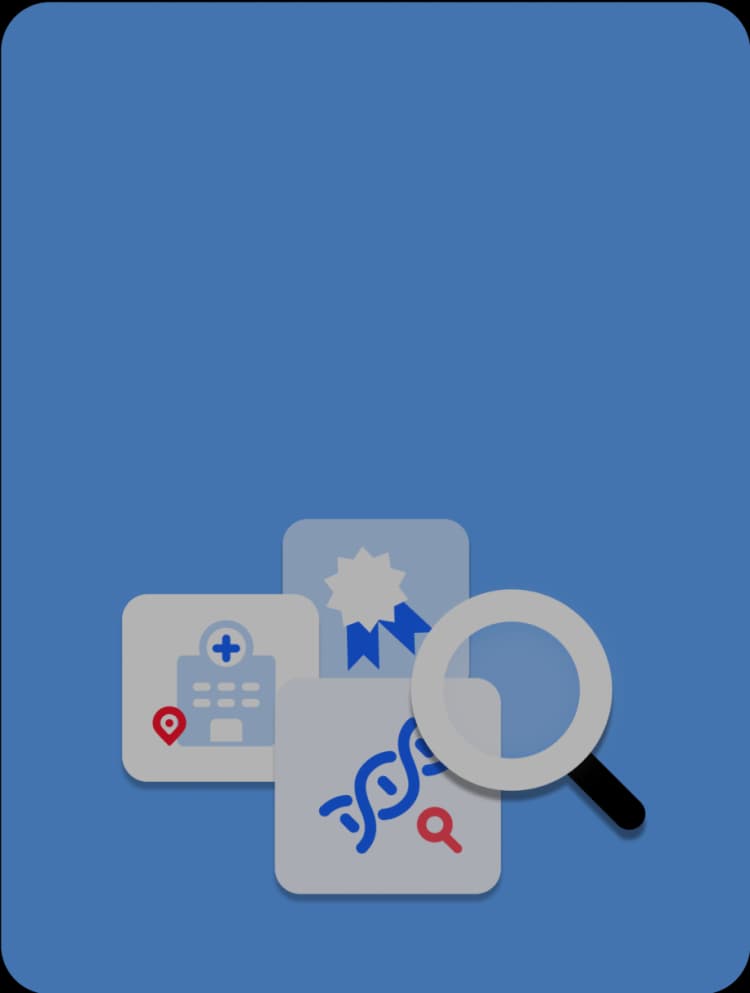What diseases can be detected through genetic testing
In the realm of modern medicine, the landscape of diagnosis and disease management has been forever altered by the advent of genetic testing. From rare inherited disorders to complex multi-factorial diseases, genetic testing has emerged as a powerful tool that transcends boundaries and limitations.
It is important to emphasize that the evolution of Next-Generation Sequencing (NGS) technology has expanded the scope of diseases detectable through genetic testing, ushering in a new era of personalized healthcare.

The Expanding Universe of Genetic Testing
Traditionally, genetic testing was associated with specific hereditary conditions, such as Huntington’s disease, cystic fibrosis, or sickle cell anemia. These tests provided a glimpse into an individual’s genetic predisposition to well-defined ailments, often with life-altering consequences. However, the emergence of NGS technology has ushered in a paradigm shift in the field of genetics, allowing for the exploration of an ever-widening spectrum of diseases.
Hereditary Disorders
Traditionally, genetic testing has been instrumental in diagnosing rare hereditary disorders such as cystic fibrosis, Huntington’s disease, and muscular dystrophy. NGS has enhanced the accuracy and efficiency of these tests, enabling earlier and more precise diagnoses.
Genetic testing can provide valuable information for individuals and families about their genetic risk, guide family planning decisions, enable early interventions, and help healthcare professionals tailor treatments and management strategies for these conditions. The choice of genetic testing method depends on the specific disorder in question and the individual’s clinical and family history.
Cancer Risk Assessment
NGS technology has revolutionized cancer care by enabling the identification of genetic mutations driving tumor growth. Tumor DNA sequencing has become instrumental in diagnosing and guiding the treatment of various cancers, such as breast cancer, lung cancer, and colorectal cancer. Mutations in genes like BRCA1 and BRCA2, associated with hereditary breast and ovarian cancer, are detectable through genetic testing, guiding prevention and treatment strategies. With NGS, we’re now better equipped to personalize cancer therapies and predict patient outcomes.
Neurological Diseases
As our understanding of the genetic underpinnings of neurological diseases deepens, NGS has become an invaluable tool in the diagnosis of conditions such as Alzheimer’s disease, Parkinson’s disease, and amyotrophic lateral sclerosis (ALS).
Cardiovascular Health
Genetic testing can pinpoint genetic variations linked to cardiovascular conditions like familial hypercholesterolemia, Long QT syndrome, and hypertrophic cardiomyopathy, enabling early interventions to reduce the risk of heart disease.
Rare Genetic Disorders
NGS technology has brought to light numerous rare genetic disorders that were previously challenging to diagnose.
Detecting rare diseases through genetic testing requires a collaborative effort between clinicians, genetic specialists, and patients, and it may involve multiple rounds of testing and evaluation to reach a definitive diagnosis. The process can be complex, but it offers hope for patients and their families, as early diagnosis and intervention can lead to improved outcomes and quality of life.
Pharmacogenomics
Genetic testing is transforming the field of pharmacogenomics, allowing healthcare providers to tailor medication choices and dosages to an individual’s genetic profile, ensuring safer and more effective treatment.
Infectious Disease Susceptibility
Genetic testing can reveal an individual’s susceptibility to certain infectious diseases, providing valuable insights into how their immune system may respond to infections.
Genetic testing for infectious disease susceptibility is not as common as testing for hereditary or neurological disorders, but ongoing research in this field may lead to more personalized approaches for disease prevention and treatment. In the case of specific infectious diseases, such as HIV, hepatitis, or malaria, genetic testing may be used in research settings to better understand and manage susceptibility.
The evolution of NGS technology shows no signs of slowing down, promising even greater advancements in genetic testing. With the ability to sequence an individual’s entire genome, including non-coding regions, we are on the cusp of a new era of precision medicine. The possibilities are vast, from predicting disease risk with greater accuracy to developing highly targeted therapies based on an individual’s unique genetic makeup.

Check gene coverage for your patient’s condition
Search gene panels by phenotype or disease to see whether key genes are covered in our exome or genome tests.
Get exclusive rare disease updates
from 3billion.

Yeonho Kang
Passionate about innovation and problem-solving, leading global growth marketing at a genetic testing provider, making a meaningful impact in rare disease care.







